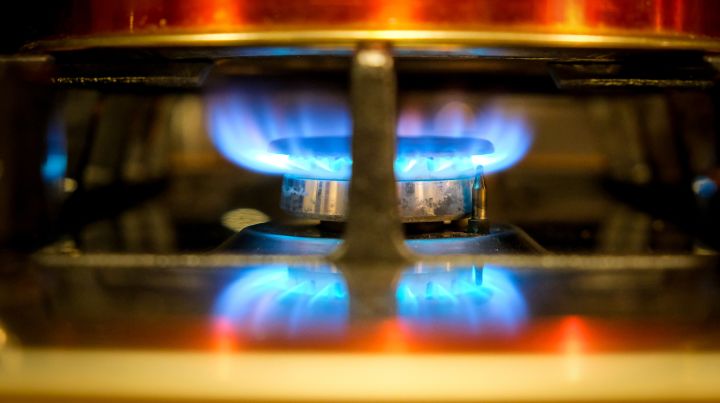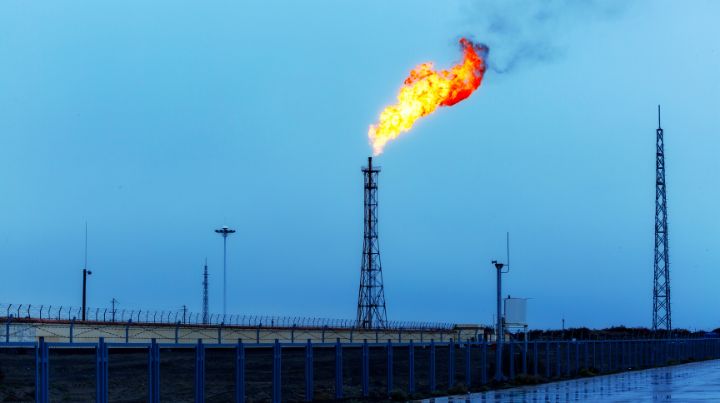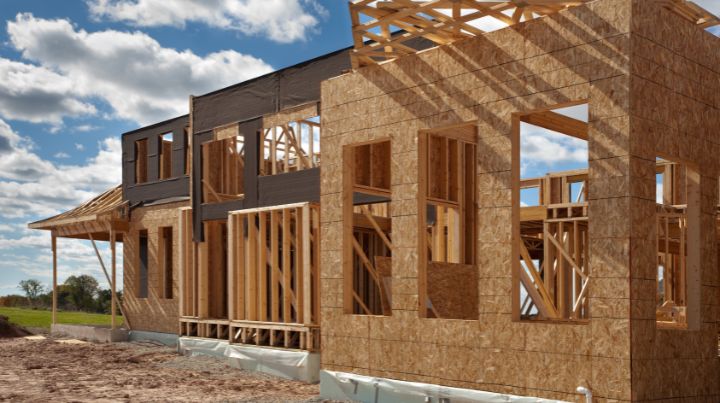Natural Gas Bans: Coming to a City Near You

Remember when people thought that the government banning gas stoves was a conspiracy theory?
Well, like they say, the difference between a conspiracy theory and news is about six months. And sure enough, the state of New York has indeed banned gas stoves. New residential construction will no longer permit gas stoves, furnaces, and propane heating.
Let’s look at where this is happening, why this is happening, and what we can do about it.
Where
New York is the first state to ban gas hookups, but municipalities have been quietly doing this for a few years. In 2019, Berkeley, California, became the first city to ban natural gas hookups in new construction. Since then, dozens of cities have followed suit. Most have been in California, though New York City banned gas hookups in 2021. Massachusetts is in the middle of a pilot program where ten of its cities will be fossil-fuel-free.
At the state level, California has banned natural gas heaters, water heaters, and furnaces. Sales of these will be illegal by 2030. Washington State’s building codes restrict natural gas heating in new homes.
Colorado hasn’t implemented an outright ban on gas appliances. Instead, they passed a law requiring natural gas providers to cut emissions by 4% by 2025 and 22% by 2030. This will severely restrict gas lines in new construction because the quantity of natural gas available will be restricted.
In 2019, the European Union discussed eliminating gas heaters but fell short of coming up with any kind of ban, deeming it too impractical. The general feeling among European lawmakers was that their respective economies were too diverse to implement such a sweeping mandate.
However, the war in Ukraine and the destruction of Nordstream have eliminated much of the Europeans’ natural gas use, anyway. War conditions have dramatically decreased natural gas usage, regardless of Europeans’ actual wishes.
Asthma? Climate change?
When Consumer Product Safety Commission official Richard Trumka floated the idea of banning gas stoves in January, he framed it as a health concern. A study had come out recently claiming that indoor gas stove use is correlated with increased rates of asthma, and Trumka cited this as his reason for considering a ban.
It’s worth noting that the correlation between asthma and gas stove usage occurs primarily in poorly-ventilated kitchens. But apparently, officials would rather ban appliances than educate the public regarding the importance of using the stove fan or cracking windows.
It’s also worth noting that cold homes are correlated with health problems, too, particularly among the elderly. In Britain alone, approximately 10,000 people died as a result of being unable to heat their homes sufficiently in 2021. People should be allowed to make their own decisions about the best way to heat their homes.
I’ve used propane appliances for years. My monotonously healthy teenagers have been raised with them. So for those of us who think the health issues are overblown, we’re supposed to get rid of gas appliances for the sake of climate change.
I’m old enough to remember when natural gas was seen as an environmental boon because it burns so much cleaner than coal producing far less carbon dioxide. However, it still releases methane, another greenhouse gas, which climate activists believe is even more harmful than carbon dioxide.
This isn’t the place for a debate about man-made climate change. I will just point out that these restrictions on fuel types do fit into a general trend to push everyone onto the electrical grid.
This push will make anything requiring heat more expensive for most people. While induction stoves are touted as more efficient (and presumably cheaper to run) than gas stoves, the appliance itself is expensive and requires certain cookware. Electric coil stoves, electric water heaters, and electric heaters are simply less efficient, which means more money coming out of your pocket.
It also means more money going into the pockets of those able to make money from the Green Transition, which may be what this is really about.
Courses of Action
These rules primarily affect new construction. If you’ve established yourself somewhere, you don’t need to do anything right now. However, if you’re looking to move, 20 states have passed laws regarding fuel restrictions. How strictly your home state will regulate how you power your home is probably worth considering before you make a commitment.
Other states are still in the process of considering whether or not to restrict fossil fuels. If your state’s rules are still up in the air, talk to your friends and neighbors about it. Not every state has to act like New York and California, and many are making a concerted effort to do things differently. If you have the opportunity to be part of that discussion, take it.
There are plenty of perfectly reasonable arguments to be made in favor of keeping natural gas and propane appliances around. The biggest may be redundancy. Our electrical grid simply isn’t ready for a huge shift. As noted by union leaders in the upper Midwest, one of Europe’s big problems last winter was that they had been closing coal-fired and nuclear power plants and became overly dependent on Russian gas. When the fighting in Ukraine disrupted that gas supply, prices across Europe spiked, with some customers receiving bills ten times higher than in 2021. Having multiple sources of energy available seems like it should be common sense and an essential part of national security.
But what about you, personally? What if you’re stuck? What if you grew up in a state like California or New York, you’re tied down by a lifetime of family and friends, and you don’t consider moving an option?
As of right now, there is no discussion of requiring people to get rid of appliances they already have. If you love your gas appliances (which I certainly do!), proper maintenance will help them last longer. This means changing your furnace filters, flushing your water heater once in a while, and keeping your stove reasonably clean.
If you live in a residential neighborhood, you will be fairly restricted. However, if you live in an unincorporated area, you may have more options in terms of off-grid heating systems. Wood-burning stoves might be an option, depending on your part of the country. Active or passive solar may be practical, as well.
I want to hang onto my propane appliances as long as I can. However, if I thought that would no longer be an option, I would start researching other options now. You don’t want to have an appliance break, realize you can’t replace it, then realize you have to knock out part of your kitchen to get the new government-approved one to fit. . .
Don’t let this catch you off-guard. Be aware of the rules in your area, and plan accordingly.
Final Thoughts
In a rational world, state leaders would watch each other, see what works, and then do what is best for their particular residents. California’s rolling blackouts and out-of-control wildfires, both related to their energy policies, should have served as a warning for the rest of the country.
Unfortunately, that does not seem to be the case. Most of us can’t rely on our state governments to make decisions in our best interests. But if we pay attention to the changes going on in our respective localities, we can do our best to be ready for whatever comes our way.
Additional Resources:
- Heating with Wood: Emergency Home Heating for Beginners
- Thirdworldization of the U.S. and the Stages of a Collapse
- How To Prepare For Rolling Blackouts
- 7 Ways to Cook Off-Grid
Don't Miss Out!
Join the thousands of people who rely on Mind4Survival preparedness advice by subscribing to our FREE newsletter.
- Practical preparedness information
- Zero Spam
- < 0.25% of people unsubscribe




Join Mind4Survival!
Stay informed by joining the Mind4Survival! 100% Secure! 0% Spam!
Follow Us!
Affiliate Disclosure
Mind4Survival is a free, reader-supported information resource. If you make a purchase through our link, we may, at no cost to you, receive an affiliate commission.




I’m just wondering about all of those Amish and similar who use propane based appliances. Also, some of us have no other choice: My home was built in 1945 and the electric is still the old one and won’t allow me to use an electric stove. It shuts down my electric panel. Unless I re- do my entire electrical in the house (THOUSANDS of $$$), I MUST continue to use a propane stove. Unfortunately, I need to replace the one I have…guess I should do it now, before Oregon does the dirty and bans propane.
No heat in my house, either, I use mostly electric space heaters but in really cold weather, I have to supplement with Mr Heater propane heaters.
We can’t keep up with the electric usage NOW in the US, what about when EVERYTHING that is NG or propane is forced to use electricity…..what a stupid ban!!!